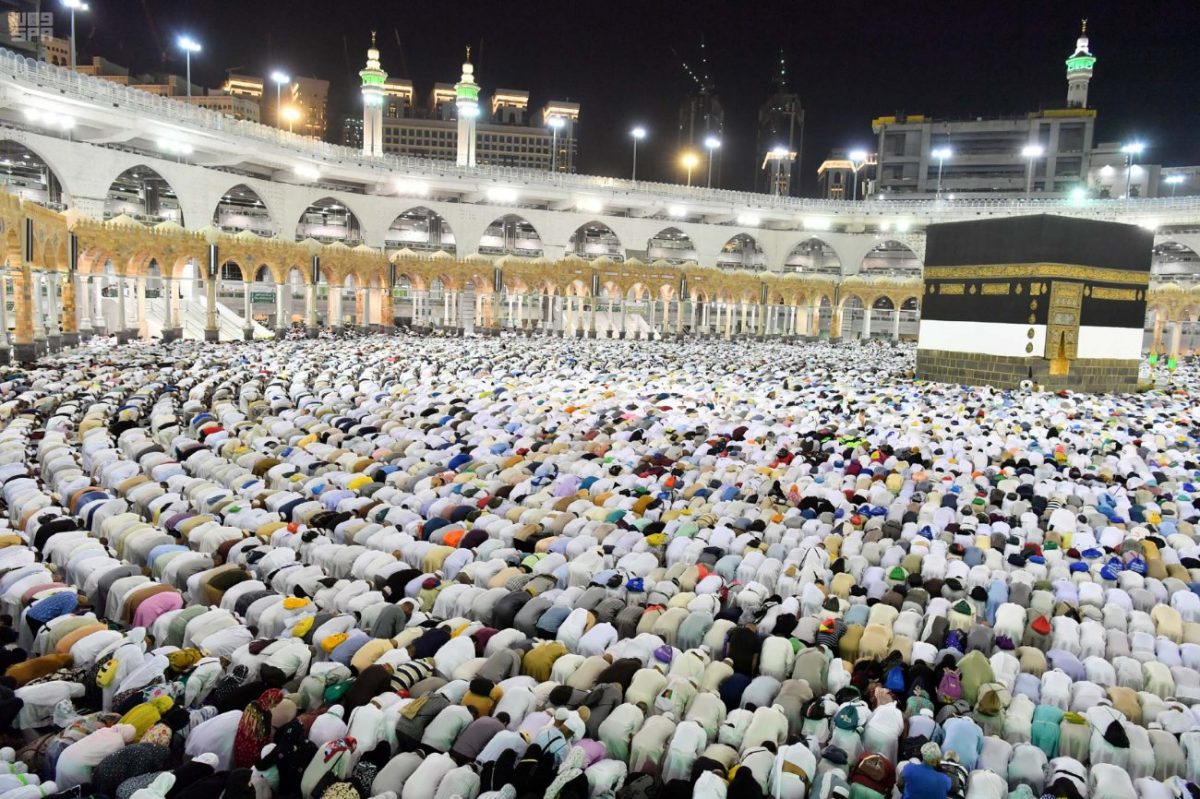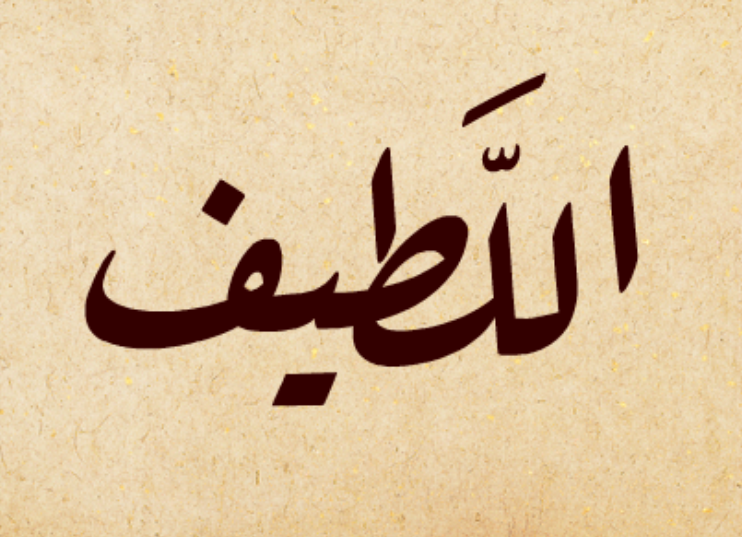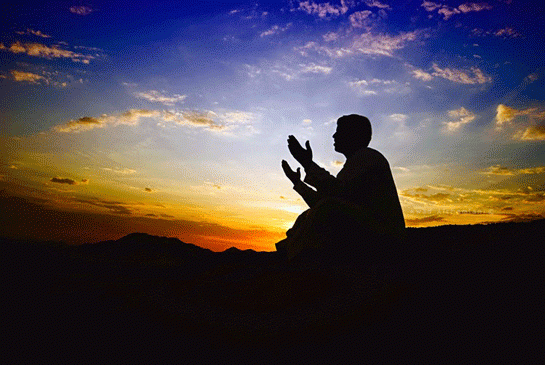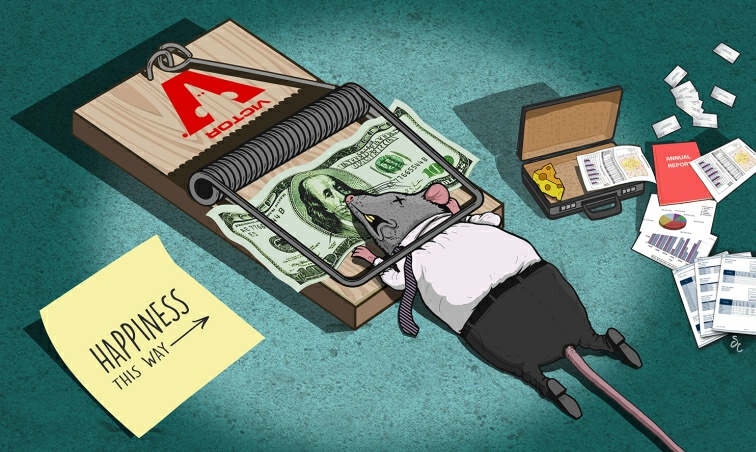بِسْمِ اللهِ الرَّحْمٰنِ الرَّحِيْمِ
Let us remind ourselves of a story narrated by Ibn Mas’ud: ‘A man kissed a woman (unlawfully) and then went to the Prophet (ﷺ) and informed him. Allah revealed: And offer prayers perfectly At the two ends of the day And in some hours of the night (i.e. the five compulsory prayers). Verily! good deeds remove (annul) the evil deeds (11.114). The man asked Allah’s Messenger (ﷺ), “Is it for me?” He said, “It is for all my followers.”‘ [Bukhari]
We must always ponder over Allah’s mercy for us never to lose hope. As human beings we are sinners and sometimes we get overwhelmed by the sins we commit, just as the man in the hadith. He approached the prophet extremely regretful, needing advice on how to deal with the sin he committed. The prophet remained silent for a while, then Allah revealed a beautiful ayah to him:
“And establish prayer at the two ends of the day and at the approach of the night. Indeed, good deeds do away with misdeeds. That is a reminder for those who remember.”
[11:114]
Notice how Allah kept the sentence “deeds do away with misdeeds” in the same ayah as salat. It tells us that the primary method of wiping out sins comes through salat, and thus one of the many reasons why it is a gift from Allah – yet just as Allah says, it is for those who remember, those who ponder over their wrongdoings. Many of us brush away a sin with excuses without feeling any remorse or any urge to expiate the sin through doing good. It is a reminder for those who recollect.
This is not to say however, that we can go ahead and sin purposely just as long as we offer the prayers or do good deeds. Allah knows what lies deep in the hearts of every living thing so He knows when we are not being sincere.
Allah has given us many forms of expiation for our sins. Here are a few hadith regarding this:
- Allah’s Messenger (ﷺ) said: “When a bondsman-a Muslim or a believer-washes his face (in course of ablution), every sin he contemplated with his eyes, will be washed away from his face along with water, or with the last drop of water; when he washes his hands, every sin they wrought will be effaced from his hands with the water, or with the last drop of water; and when he washes his feet, every sin towards which his feet have walked will be washed away with the water or with the last drop of water with the result that he comes out pure from all sins” [Muslim]
- The Messenger of Allah (ﷺ) said: “Five prayers and from one Friday prayer to (the next) Friday prayer is an expiation (of the sins committed in between their intervals) if major sins are not committed.” [Muslim]
- ‘A’isha narrated that the prophet (ﷺ) said: “No trouble comes to a believer even if it is the pricking of a thorn that it becomes (the means) whereby his sins are effaced or his sins are obliterated.” [Muslim] – Of course this does not mean we cause self harm to expiate sins, it is to show that any kind of pain we experience in this word will do away with sins, as mentioned in another hadith: It is narrated by Ayesha (ra) that the Prophet (ﷺ) said, “when a Muslim is afflicted by an anxiety, pain or sickness then, because of that, his sins are atoned. So much, so that if a thorn pricks him or he suffers a simple, minor injury (His sins are forgiven)” [authenticated by al-Albaani]
- Abu Hurairah narrated that: The Messenger of Allah (ﷺ) said: “Whoever stands (in the voluntary night prayer of) Ramadan out of faith and in the hope of reward, his previous sins will be forgiven. And whoever spends the night of Lailat Al-Qadr in prayer out of faith and in the hope of reward, his previous sins will be forgiven.” [Nasa’i authenticated by darrusalam]
- The Prophet (ﷺ) said: ‘Two Muslims will not meet and shake hands having their sins forgiven them before they separate” [Abu Dawud authenticated by al-Albaani]
Islam is built on repentance. Allah created human beings to return back to Him, as He says: “By Him in whose hand is my soul, if you did not sin, Allah would replace you with people who would sin and they would seek forgiveness from Allah and He would forgive them.” [Muslim]
May Allah make us of those who never take His mercy for granted, those who remember Him at all times especially after sinning, and may He forgive all our sins.
Allah knows best.













